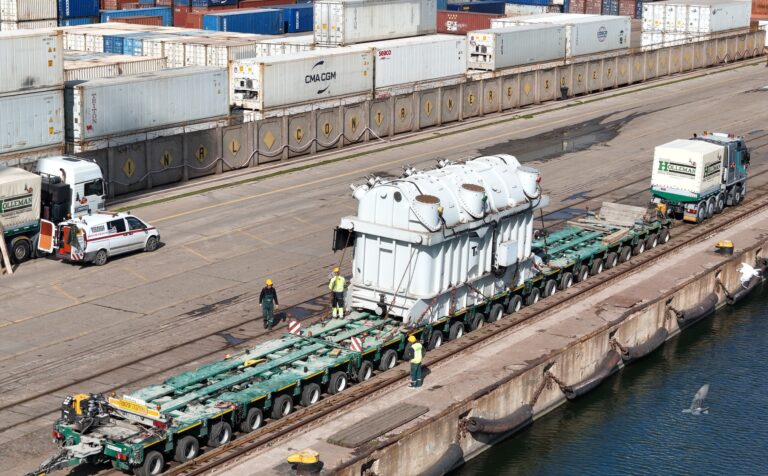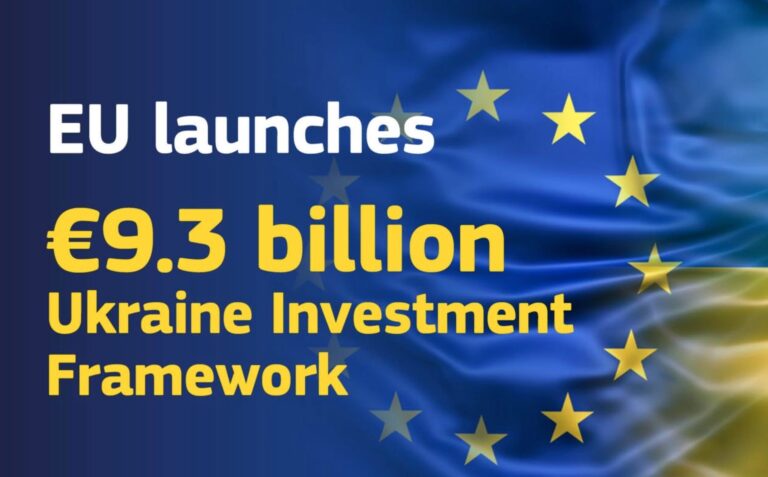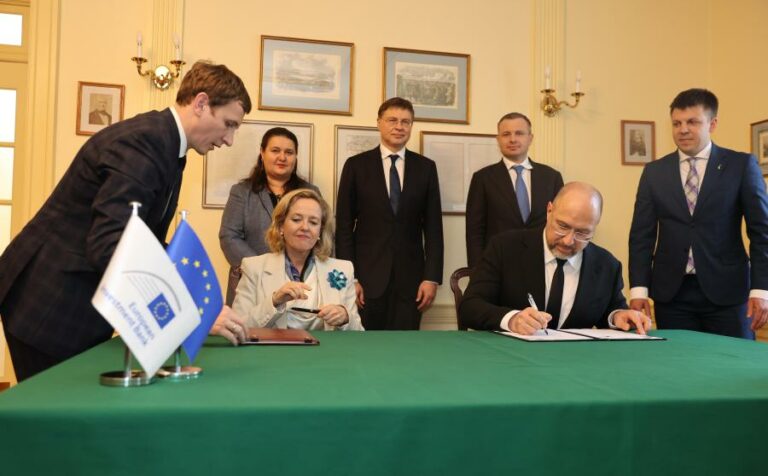
European Commission to establish Solidarity Lanes to help Ukraine export agricultural goods
On 12 May, the European Commission presented a set of actions – ‘Solidarity Lanes’ – to help Ukraine export its agricultural produce and import the goods it needs, from humanitarian aid to animal feed and fertilisers.
Following Russia’s aggression against Ukraine and its blockade of Ukrainian ports, Ukrainian grain and other agricultural goods can no longer reach their destinations. The situation is threatening global food security and there is an urgent need to establish alternative logistics routes using all relevant transport modes.
“Twenty million tonnes of grains have to leave Ukraine in less than three months using the EU infrastructure. This is a gigantesque challenge, so it is essential to coordinate and optimise the logistic chains, put in place new routes, and avoid, as much as possible, the bottlenecks,” said European Commissioner for Transport Adina Vălean. She added that the EU was proposing emergency solutions, as well as medium- and long-term measures to better connect and integrate Ukraine’s infrastructure with the EU one.
According to the EU, thousands of wagons and lorries are waiting for clearance on the Ukrainian side of the EU-Ukraine border. Also, Ukrainian wagons are not compatible with most of the EU rail network, so most goods need to be transhipped to lorries or wagons that fit the EU standard gauge.
To address these obstacles, the Commission, together with Member States and stakeholders, will work on the following priority actions in the short term:
- The Commission calls on EU market players to urgently make additional freight rolling stock, vessels and lorries available. The Commission will set up a matchmaking logistics platform and ask Member States to designate dedicated Solidarity Lanes contact points (a ‘one-stop-shop’).
- Ukrainian agricultural export shipments should be prioritised, and infrastructure managers should make rail slots available for these exports. The Commission also calls on market players to urgently transfer mobile grain loaders to the relevant border terminals to speed up transhipment. A road transport agreement with Ukraine will also remove bottlenecks. To encourage EU transport operators to allow their vehicles to enter Ukraine, the Commission will also investigate options for top-up financial guarantees.
- The Commission urges national authorities to apply maximum flexibility and to ensure adequate staffing to accelerate procedures at border crossing points.
- The Commission will assess available storage capacity in the EU and coordinate with Member States to help secure more capacity for temporary storage of Ukrainian exports.
In the medium to long term, the Commission will also work on increasing the infrastructure capacity of new export corridors. Against this background, the Commission today adopted a Decision with a view to signing a high-level agreement with Ukraine, updating the maps for the Trans-European Transport Network (TEN-T), as part of the Commission’s policy on extending the TEN-T to neighbouring countries.
Find out more
MOST READ
SEE ALSO

EU Civil Protection Mechanism delivers powerful transformer to Ukraine

Voice Your Vision: Young European Ambassadors take part in European Forum of Young Leaders in Warsaw

Investments for recovery: EU sets up Investment Framework under its Ukraine Facility

EIB and Ukraine Government to accelerate deployment of financial support and project execution on the ground

EU allocates extra €10 million to support researchers from Ukraine under Horizon Europe
More campaign pages:
Interested in the latest news and opportunities?
This website is managed by the EU-funded Regional Communication Programme for the Eastern Neighbourhood ('EU NEIGHBOURS east’), which complements and supports the communication of the Delegations of the European Union in the Eastern partner countries, and works under the guidance of the European Commission’s Directorate-General for Neighbourhood Policy and Enlargement Negotiations, and the European External Action Service. EU NEIGHBOURS east is implemented by a GOPA PACE-led consortium. It is part of the larger Neighbourhood Communication Programme (2020-2024) for the EU's Eastern and Southern Neighbourhood, which also includes 'EU NEIGHBOURS south’ project that runs the EU Neighbours portal.

The information on this site is subject to a Disclaimer and Protection of personal data. © European Union,







